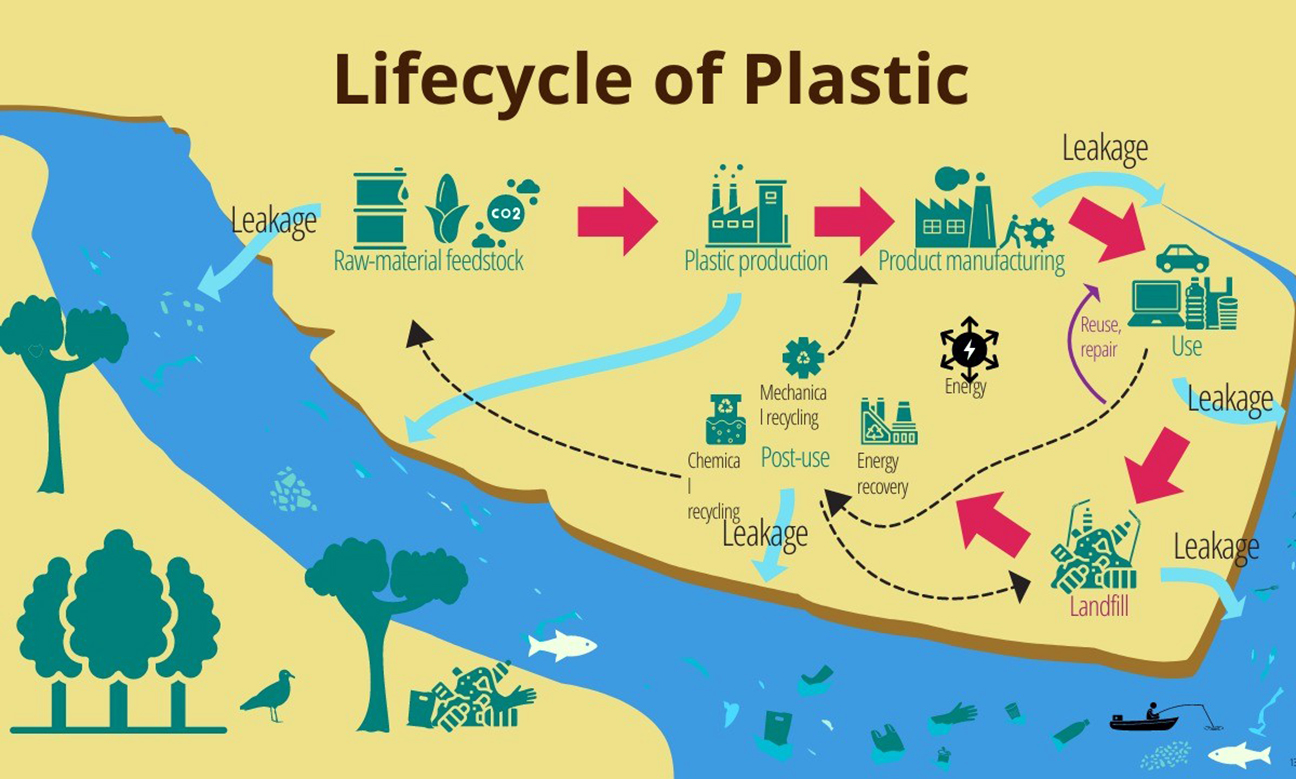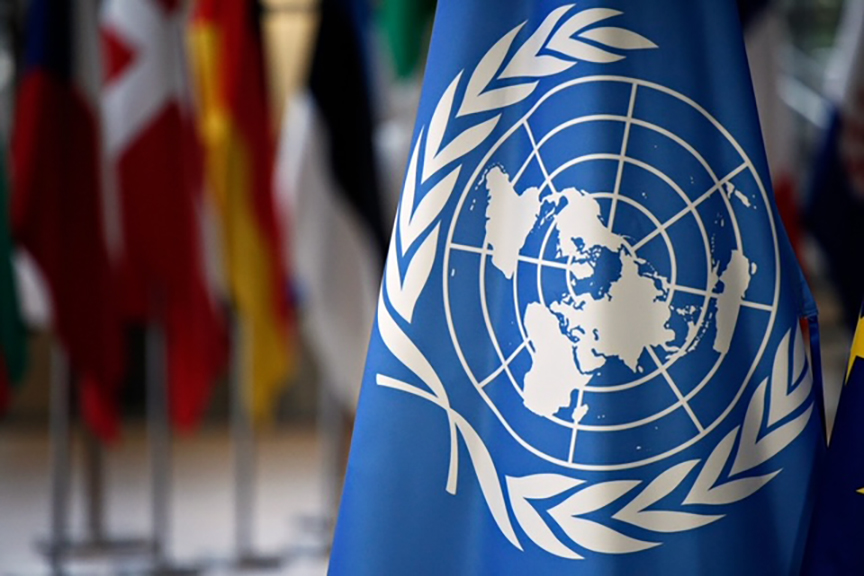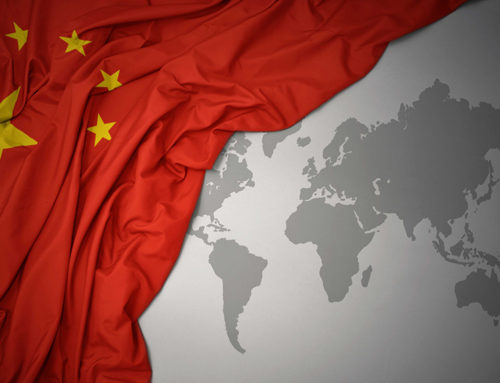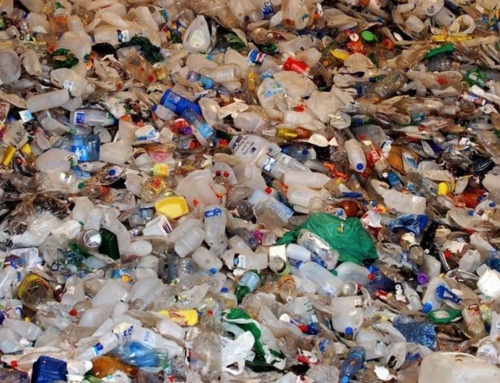After years of deliberation, the international community has once again turned its attention to the issue of plastic pollution as negotiations for a global plastics treaty resume at the UN Environment Programme headquarters in Nairobi, Kenya. The third session of the UN Intergovernmental Negotiating Committee on Plastic Pollution, taking place until November 19, aims to craft a legally binding agreement by 2024 that addresses the entire life cycle of plastics, from production to design and disposal.
Involving 175 nations, this treaty aspires to revolutionize plastic waste management, opening the door for innovative technologies and industries. The magnitude of the plastic pollution problem necessitates a collaborative global effort, echoing successful approaches taken in the past to tackle environmental challenges like the ozone layer and acid rain.
One notable success story is the Montreal Protocol, enacted in 1987, which played a pivotal role in phasing out substances causing ozone depletion. This global agreement received widespread ratification, leading to tangible recovery of the ozone layer and the prevention of millions of potential cases of skin cancers and cataracts. The protocol also catalyzed innovation in the chemical industry, transitioning away from ozone-depleting substances to more environmentally friendly alternatives.
Similarly, clean air legislation, prompted by concerns about acid rain in the latter half of the 20th century, led to significant changes in industrial and automotive sectors. The United States Clean Air Act of 1963, for example, drove the transition to cleaner technologies and pollution-control equipment, fostering the widespread adoption of catalytic converters and more fuel-efficient engines.

Multilateral agreements, such as these, introduce restrictions that push industries toward cleaner and more sustainable practices, blending environmental responsibility with business imperatives. The regulatory changes not only open up new market opportunities but also encourage the transfer of technologies across borders, accelerating the adoption of cleaner practices globally.
Now, the stage is set for the UN plastic treaty to address the pervasive challenge of plastic pollution. Expected to be finalized in 2024, this treaty aims to bring transformative regulations on waste management, reduce single-use plastics, and advocate for circular economy principles that prioritize eliminating waste and keeping materials in use.
The shift toward sustainable plastics manufacturing is already evident, with industries focusing on biodegradable, recyclable materials and circular business models that emphasize reuse and recycling. The treaty’s implementation is poised to accelerate these positive changes, reducing problematic plastics and expediting the removal of harmful chemicals from product supply chains.
As we stand on the precipice of a global agreement on plastic waste, there’s a genuine opportunity to make a substantial impact on the trajectory of plastic pollution. The UN plastic treaty represents a commitment to a sustainable future, where global collaboration and innovative solutions can pave the way for a cleaner, healthier planet.






